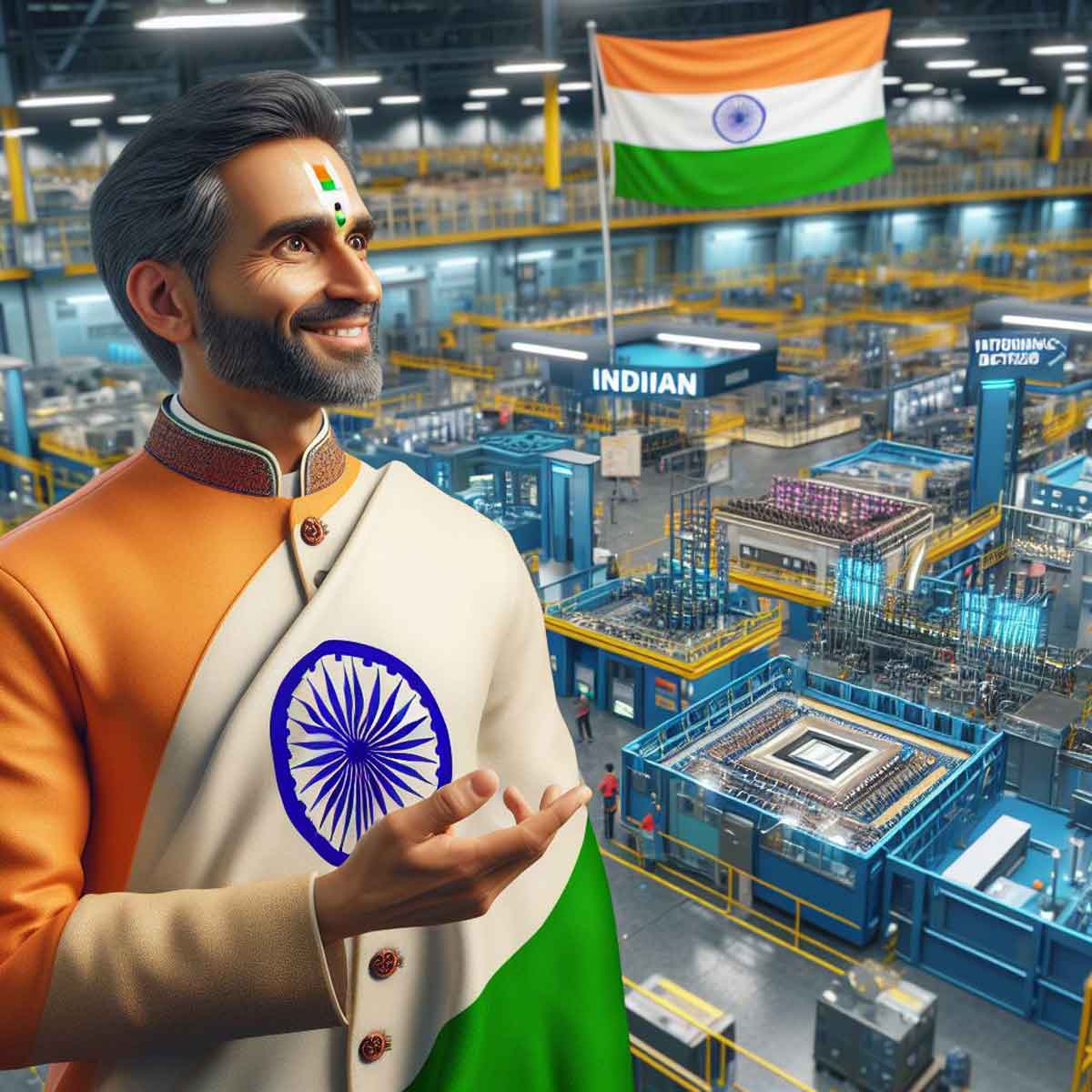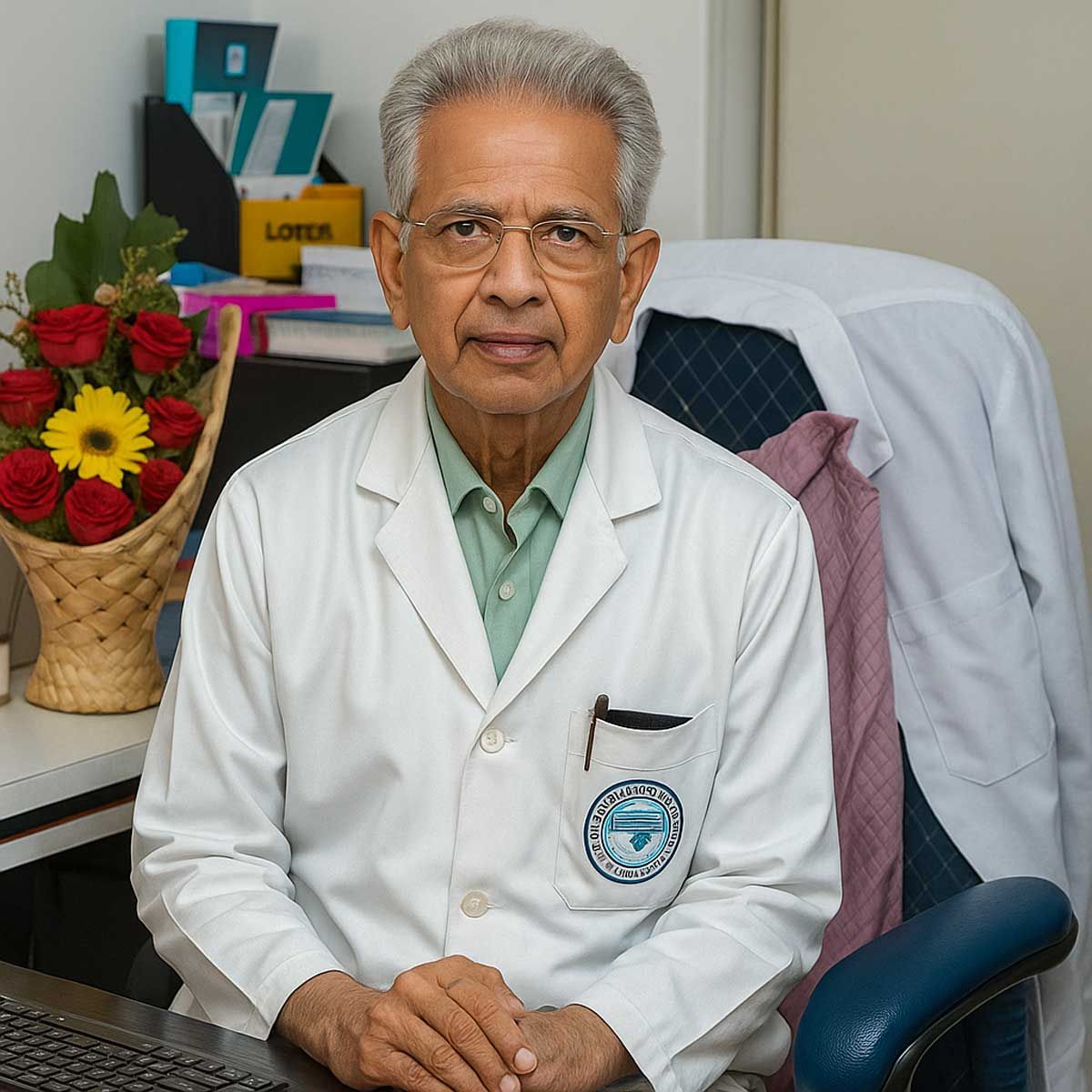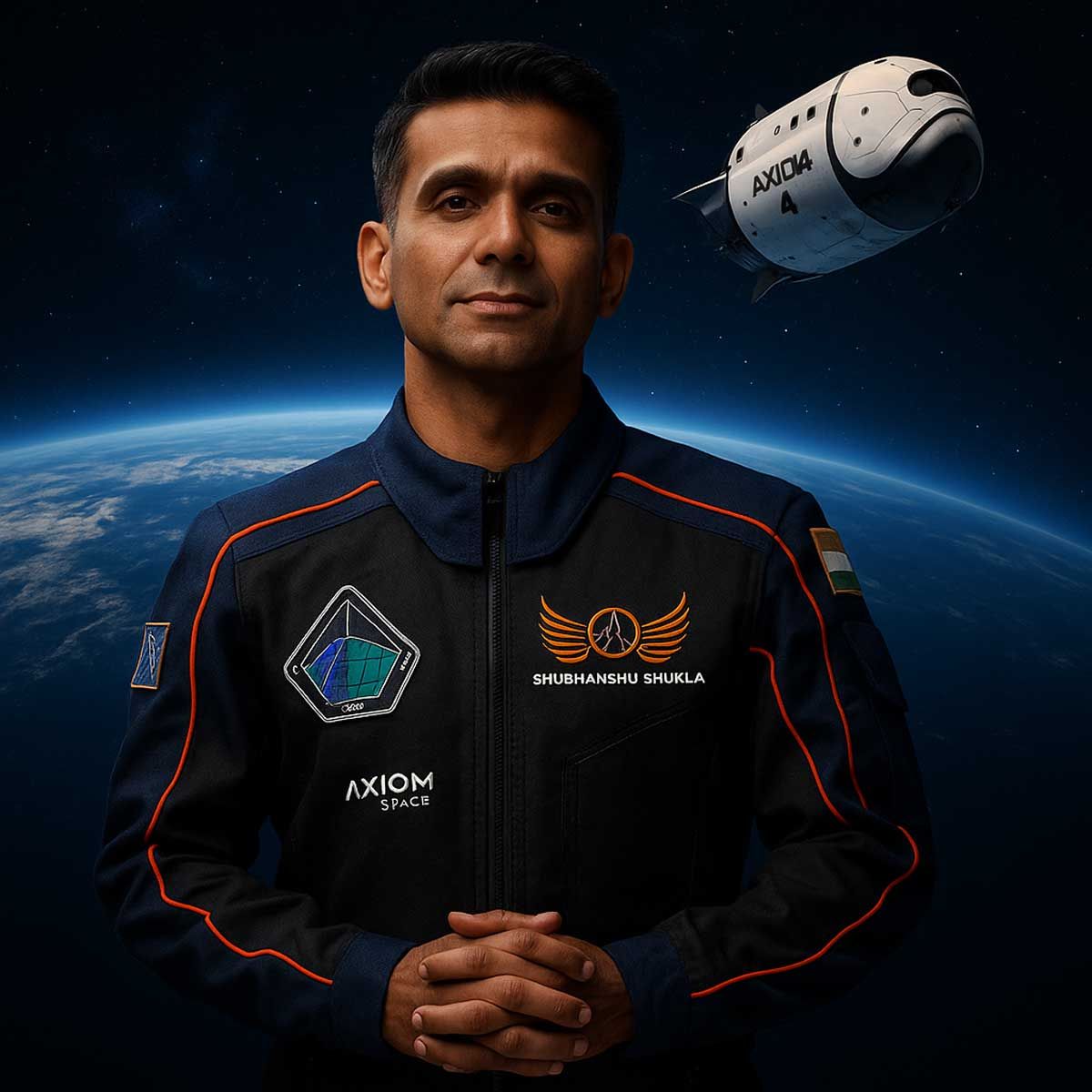More Coverage
Twitter Coverage
Satyaagrah
Written on
Satyaagrah
Written on
Satyaagrah
Written on
Satyaagrah
Written on
Satyaagrah
Written on
JOIN SATYAAGRAH SOCIAL MEDIA
India embarks on a transformative journey, aiming to launch its first semiconductor chip in Dec 2024 & to inaugurate a cutting-edge bullet train by 2026 under PM Modi's ambitious vision for technological self-reliance and the unification of economic zones

In an exciting announcement from New Delhi on March 19, Union Minister for Communications and Electronics and Information Technology, Ashwini Vaishnaw, declared at the News18 Rising Bharat Summit that India is poised to witness the debut of its first domestically produced semiconductor chip by the end of December 2024.
|
|
This landmark announcement follows a significant step taken earlier on February 29, when the Union Government green-lit the establishment of three semiconductor manufacturing units within the country. Minister Vaishnaw highlighted the pivotal importance of firm conviction and the formulation of precise policies as the backbone of achieving such a pioneering accomplishment.
“We will have the first made in India chip by December 2024. The first attempt at this was made as far back as 1962 but unless you have the correct policy and right conviction, it can't happen. PM Modi has the conviction that for Viksit Bharat we need electronics manufacturing. From TVs to power electronics, in everything we need semiconductors,” Vaishnaw remarked.
The initiative is not just about creating India's first semiconductor chip; it represents a monumental stride towards self-reliance in electronics manufacturing, an area that has seen exponential growth and demand over the years. The statement also underscores Prime Minister Narendra Modi’s deep-seated belief in and support for the semiconductor manufacturing sector. The Prime Minister's involvement and the government's forward-thinking policies underscore a comprehensive vision for a developed India that is self-sufficient in its semiconductor needs.
Semiconductors, the critical components found in virtually all electronic devices, from televisions to power electronics, form the cornerstone of modern technology. The realization of manufacturing these vital components domestically is a testament to India's growing prowess in the global technology arena and its commitment to innovation and self-reliance.
|
|
Building on the foundation of India's ambitious entry into semiconductor manufacturing, Union Minister Ashwini Vaishnaw shared insights into the level of dedication and meticulous planning that has characterized the project. Highlighting Prime Minister Narendra Modi's deep involvement, Vaishnaw revealed, "When we used to ask for 45 minutes of PM Narendra Modi's time for semiconductor discussions, he used to give about 3 hours for a thorough discussion. He would discuss each element in detail line by line. All departments involved would be called personally and he would say that we need to be successful in semiconductors," showcasing the Prime Minister's commitment to this venture.
This commitment was further exemplified on March 1, when Prime Minister Modi proclaimed India's aspirations to become a powerhouse in global semiconductor production. In his message on X, Modi stated, "With the Cabinet approval of 3 semiconductor units under the India Semiconductor Mission, we are further strengthening our transformative journey towards technological self-reliance. This will also ensure India emerges as a global hub in semiconductor manufacturing," affirming the national agenda to achieve technological sovereignty and establish India as a pivotal player in the semiconductor industry worldwide.
In addition to his remarks on semiconductor manufacturing, Minister Vaishnaw, who also oversees the Railways, touched upon the progress of the eagerly anticipated bullet train project. He assured that the project, specifically the service between Surat and Bilimora, is on track for completion by 2026. Vaishnaw articulated that this train service is envisioned to be more than just a means of transport; it aims to be a catalyst for economic integration, linking the cities between Mumbai and Ahmedabad and fostering economic growth and connectivity.
|
In an insightful elaboration on the transformative potential of the bullet train project, Union Minister Ashwini Vaishnaw underscored its significance beyond mere transportation. "It is not just a means of transportation. When it runs, it will connect the economy of all the cities around it... Mumbai, Thane, Vapi, Surat, Vadodara, Anand, and Ahmedabad will become a single economy zone... The train will be ready by 2026... The train will run first between the Surat-Bilimora section," the minister detailed. This ambitious initiative is seen not just as a step forward in modernizing India's transportation infrastructure but as a catalyst for unifying and enhancing the economic landscapes of several key cities along its route.
Vaishnaw further highlighted the efficiency and ambition behind the project's timeline, noting the rapid pace at which India aims to complete this extensive infrastructure development. "He further said while countries take 20 years to build a 500 km project, India will complete it in 8-10 years. The service will be world-class," he assured. This statement reflects a commitment to setting new standards in infrastructure development, showcasing India's capacity to execute large-scale projects within condensed timeframes while promising to deliver services that meet the highest global benchmarks.
This narrative around the bullet train project, juxtaposed with the advancements in semiconductor manufacturing, paints a vivid picture of India's strategic push towards modernization and economic integration. The envisioned outcome is a future where India is not only self-reliant in critical technology sectors like semiconductors but also interconnected through state-of-the-art transportation systems, driving towards a cohesive economic and technological landscape by 2026.
 |
 Support Us
Support Us
Satyagraha was born from the heart of our land, with an undying aim to unveil the true essence of Bharat. It seeks to illuminate the hidden tales of our valiant freedom fighters and the rich chronicles that haven't yet sung their complete melody in the mainstream.
While platforms like NDTV and 'The Wire' effortlessly garner funds under the banner of safeguarding democracy, we at Satyagraha walk a different path. Our strength and resonance come from you. In this journey to weave a stronger Bharat, every little contribution amplifies our voice. Let's come together, contribute as you can, and champion the true spirit of our nation.
 |  |  |
| ICICI Bank of Satyaagrah | Razorpay Bank of Satyaagrah | PayPal Bank of Satyaagrah - For International Payments |
If all above doesn't work, then try the LINK below:
Please share the article on other platforms
DISCLAIMER: The author is solely responsible for the views expressed in this article. The author carries the responsibility for citing and/or licensing of images utilized within the text. The website also frequently uses non-commercial images for representational purposes only in line with the article. We are not responsible for the authenticity of such images. If some images have a copyright issue, we request the person/entity to contact us at This email address is being protected from spambots. You need JavaScript enabled to view it. and we will take the necessary actions to resolve the issue.
Related Articles
- "Innovation is the calling card of the future": Jaldost, a revolutionary airboat by Bengaluru's National Aerospace Laboratories, powers through aquatic weeds, carving the path towards preserving cleaner water bodies, a testament to indigenous innovation
- "Cyberspace undeniably reflects some form of geography": Ashwini Vaishnaw launched "Bharat 6G Alliance" for better collaboration between Govt, industry and academia in developing indigenous 6G products, India already has 200+ patents for 6G
- "In self-reliance, there is freedom and dignity": In just 18 months, India has embarked on the domestic production of 38 APIs, marking a massive stride towards pharmaceutical self-reliance. It's more than progress; it's a testament to our national resolve
- "Entrepreneurship is the launching of surprises": Apple unveiled its long-awaited augmented reality (AR) headset, named the Vision Pro, as it sought to make its entry into a market currently dominated by Meta, the social media giant owned by Facebook
- ISRO successfully tested the Gaganyaan Service Module Propulsion System (SMPS) on July 19, 2023 at ISRO Propulsion Complex (IPRC) , Mahendragiri
- "Driving the future, pod by pod": IIT Madras' Avishkar Hyperloop team is spearheading a transportation revolution, with global accolades, a prototype in place, & national backing, they're not just envisioning, but shaping future of rapid transit in India
- In a world where robots fetch more, even the canniest of canines find themselves in a tail-wagging contest of wits & whimsy; Muks Robotics rolls out the red carpet for AI, sparking a playful rivalry that leaves every dog wondering who's really the top dog
- Chandra - NASA’s advanced X-Ray Observatory is named after a brilliant Indian scientist & Nobel Prize-winner Subrahmanyan Chandrasekhar, a Flagship-class space telescope is an Earth satellite in a 64-hour orbit, notably its mission is ongoing as of 2023
- "Ability is Prabhu-given, prowess is earned": New Generation Ballistic Missile Agni Prime successfully flight tested by DRDO on 7th June from Dr APJ Abdul Kalam Island off the coast of Odisha, all the objectives of flight test successfully demonstrated
- "Magic is the projection of natural energies to produce needed effects": The Elixir of Life: How Uravu Labs extracts drinking water from Air, with a current installed capacity of 1k litres/day, Uravu plans to scale to 1 Lakh litres/day by next 2 years
- “Genius is never understood in its own time”: Do you know when you put your debit card in ATM and ask for money, machine arranges the money before giving it to you using Srinivasa Ramanujan’s partition theory, celebrated as National Mathematics Day
- "Titanic was called the Ship of Dreams, and it was. It really was": Deep-Sea Tragedy: The Catastrophic Implosion of Titan Submersible and the Lives Lost, it was on a mission to explore the Titanic, a ship that itself met a tragic end on its maiden voyage
- Are We Alone in the Universe? NASA hints at the possibility of extra-terrestrial life, wants to establish New framework
- The legend and a genius that was Jagadish Chandra Bose: Champion of East and West Who Almost Invented the Radio
- "Beyond gravity, within safety": ISRO's Gaganyaan mission progresses with Drogue Parachute tests, prioritizing astronaut safety, aiming to send a crew to 400 km orbit for 3 days, it utilizes Human Rated LVM3 and comprehensive training in Bengaluru




























